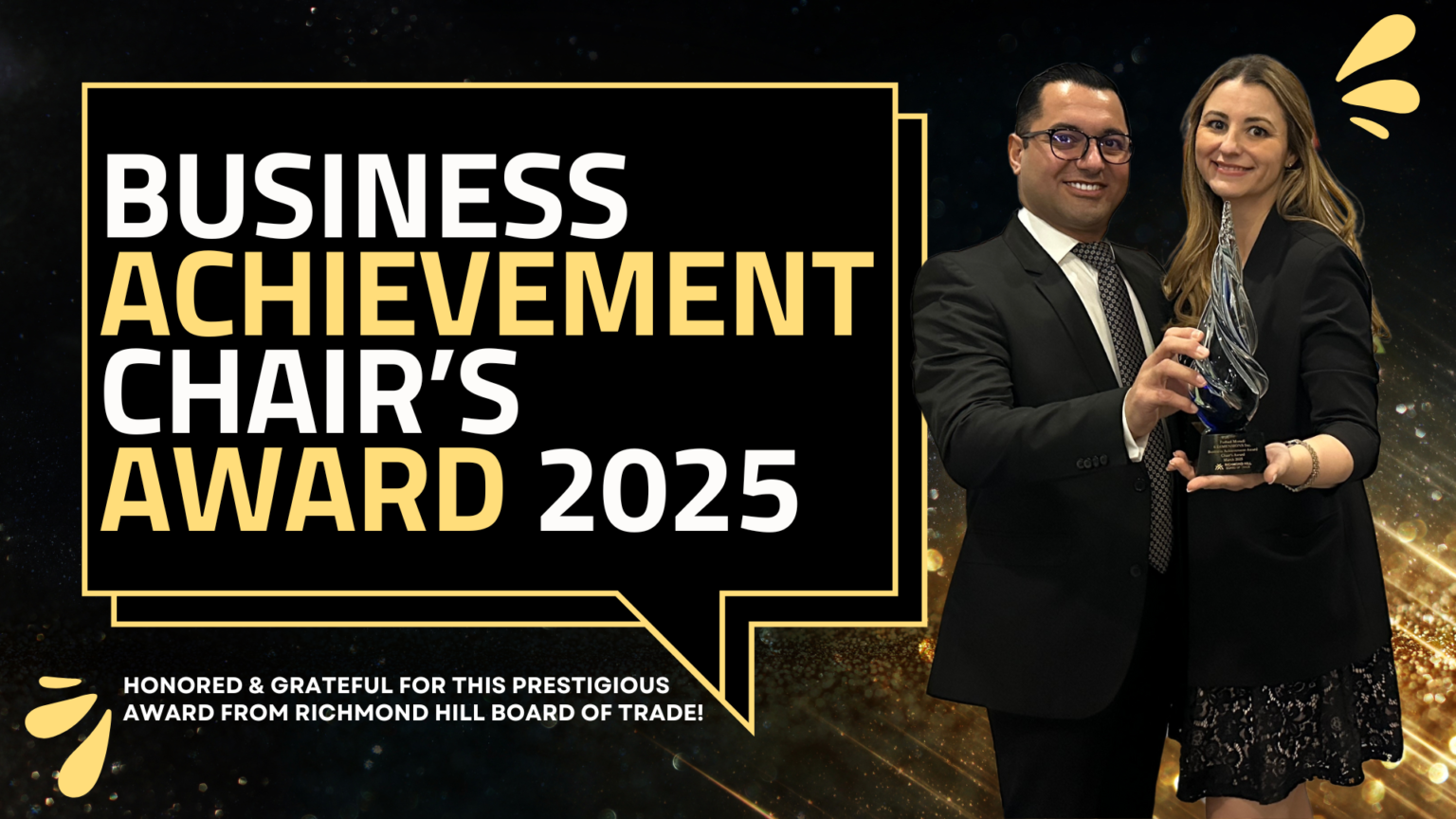Digital Marketing Services in Richmond hill & GTA
At our digital marketing agency, we pride ourselves on our flexibility and versatility. Instead of resorting to gimmicks, we rely on our expertise in search engine optimization (SEO) and various marketing strategies to naturally attract new clients. We understand that every business is unique, which is why we tailor our services to fit the specific needs of each client, regardless of their industry or size. With a team of experienced professionals, we are equipped to design custom websites and implement a comprehensive range of digital marketing tactics.
Corporate Branding
Your brand identity is your passport into the world of marketing. We assist you in making your brand stand out.
Web Design
Your website is not an expense. It is an investment. And we are the team that will make sure people are engaging with it.
Content Optimization
We optimize your web pages and incorporate new keyword research to keep your SEO strategy current.
Social Media Management
We make social media marketing plans to raise awareness of your brand, get people interested in it, and boost sales.
Pay-Per-Click Advertising
We help you stand out from your competitors when your prospects are looking for your business.
Remarketing, Retargeting
Remarketing services help you reach your customers on the websites they visit after they leave your site.










